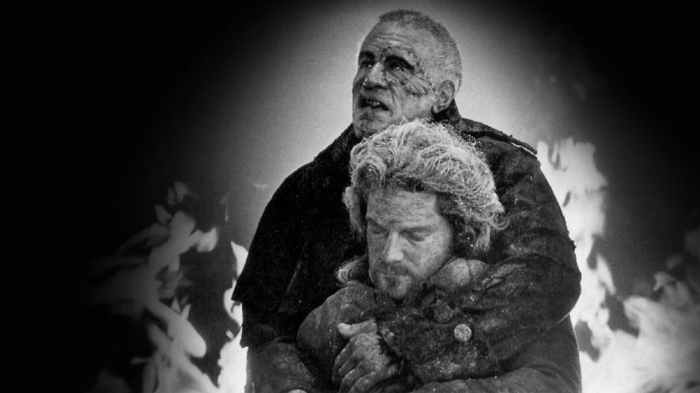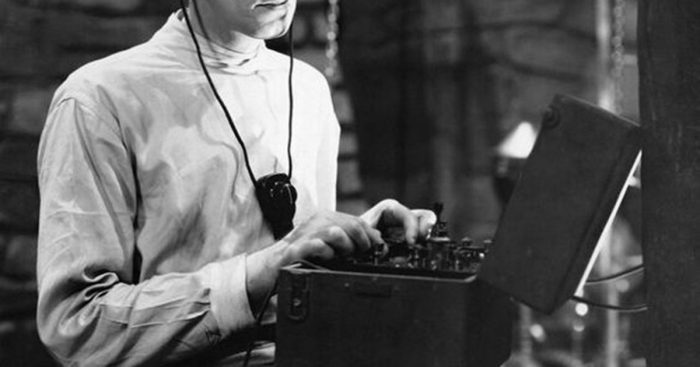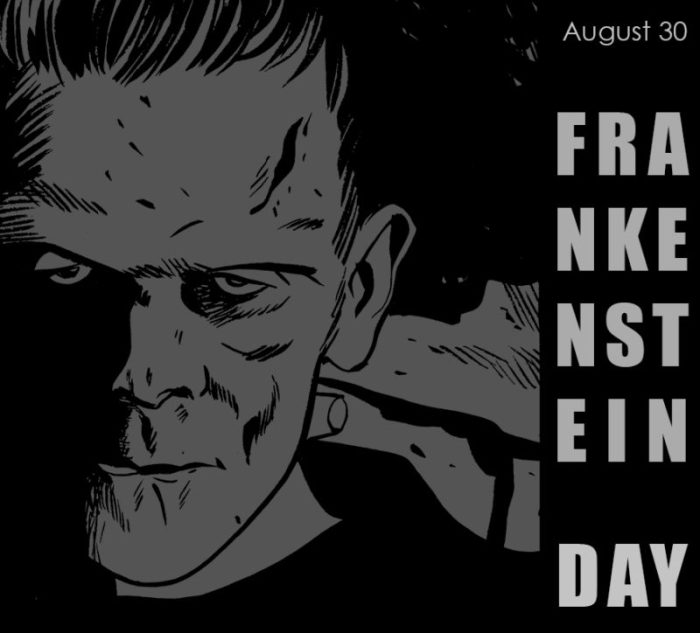In frankenstein victor changes from an optimistic – In Mary Shelley’s seminal novel Frankenstein, the protagonist, Victor Frankenstein, undergoes a profound transformation from an optimistic and ambitious scientist to a disillusioned and despairing man. This essay will explore the factors that contribute to Victor’s changing perspective, the consequences of his actions, and the broader themes that the novel explores.
Initially, Victor is driven by an unyielding optimism and a desire to push the boundaries of human knowledge. However, the creation of the creature and its subsequent rejection by society leads Victor to question his own beliefs and the nature of his creation.
As the creature wreaks havoc upon Victor’s life, his optimism gives way to fear, guilt, and despair.
Victor’s Initial Optimism: In Frankenstein Victor Changes From An Optimistic

Victor Frankenstein begins his scientific endeavors with an optimistic outlook, driven by an unyielding belief in the power of human reason and the potential for scientific advancement. This optimism is fueled by his access to a comprehensive education, the influence of Enlightenment thinkers, and a youthful exuberance that sees no bounds to what he can achieve.
Victor’s initial optimism is also influenced by his deep fascination with the natural world and the desire to unlock its secrets. He believes that through scientific exploration, he can gain a profound understanding of the universe and harness its power for the benefit of humanity.
This unwavering optimism propels him to pursue his ambitious project of creating life, a pursuit that he believes will revolutionize the world.
The Creation of the Creature, In frankenstein victor changes from an optimistic
Victor’s optimism significantly influences his approach to the creation of the creature. Driven by his unwavering belief in his abilities and the potential of science, he proceeds with his experiment with a reckless abandon, overlooking potential risks and consequences.
The creature’s grotesque appearance, a result of Victor’s hasty and imperfect work, shocks and horrifies him. This unexpected outcome shatters his initial optimism and plants the seeds of fear and revulsion that will ultimately consume him.
Victor’s Changing Perspective
As Victor witnesses the creature’s behavior and the consequences of his creation, his initial optimism undergoes a profound transformation. The creature’s rejection by society and its subsequent acts of violence shatter Victor’s belief in the inherent goodness of his creation and the benevolence of his intentions.
Victor’s disillusionment and despair intensify as he realizes the extent of his folly. The creature’s existence becomes a constant source of torment, haunting his thoughts and driving him to the brink of madness.
The Consequences of Victor’s Actions
Victor’s abandonment of the creature and his refusal to take responsibility for his actions have dire consequences. The creature, driven by loneliness and a desire for revenge, relentlessly pursues Victor, causing him immense psychological and emotional anguish.
Victor’s choices ultimately lead to tragedy and destruction. His pursuit of knowledge without regard for the potential consequences results in the deaths of his loved ones and his own demise, serving as a cautionary tale about the dangers of unchecked ambition.
The Symbolism of the Creature
The creature serves as a powerful symbol of Victor’s own repressed desires and fears. Its grotesque appearance reflects the dark and uncontrollable aspects of Victor’s own psyche, hidden beneath the facade of his rational and scientific demeanor.
The creature’s actions and experiences mirror Victor’s inner conflicts, revealing the dangers of unchecked ambition, the importance of responsibility, and the fragility of human nature.
The Gothic Elements in the Novel
Frankenstein is replete with key Gothic elements that contribute to its atmosphere of terror and suspense. The novel’s setting, a gloomy and isolated castle surrounded by desolate landscapes, creates a sense of unease and foreboding.
The supernatural elements, including the creation of life and the creature’s superhuman abilities, introduce an element of the unknown and the uncanny, heightening the reader’s sense of fear and wonder.
The Themes of Frankenstein
Frankenstein explores a range of profound themes, including the dangers of unchecked ambition, the importance of responsibility, and the nature of good and evil.
The novel challenges the Enlightenment’s optimistic view of human progress, suggesting that the pursuit of knowledge and power can have unintended and disastrous consequences.
Query Resolution
What is the significance of the creature’s appearance in Frankenstein?
The creature’s grotesque appearance reflects Victor’s own inner fears and anxieties about his creation. It also serves as a symbol of the dangers of unchecked ambition and the consequences of playing God.
How does Victor’s abandonment of the creature contribute to his downfall?
Victor’s refusal to take responsibility for his creation leads to a series of tragic events. The creature, driven by loneliness and a desire for revenge, seeks out Victor and his loved ones, ultimately leading to their destruction.
What are the major themes explored in Frankenstein?
Frankenstein explores themes such as ambition, responsibility, the nature of good and evil, and the dangers of unchecked scientific progress.

